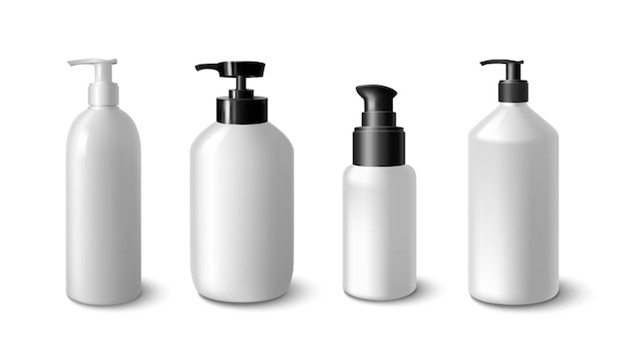recently discovered bacterial alchemists could help save billions of plastic bottles from landfills. the pseudomonas strains can transform the lowgrade pet plastic, which is used in drinks bottles, into a more biodegradable and valuable plastic called pha. pha is already being used in various medical applications, from wound dressings to arterysupporting tubes called stents. to have a range of physical properties, the plastic can be processed. however, one of the obstacles to pha reaching extensive use is the lack of a way to make it in huge quantities. this new bacteriadriven process &ndash which is termed as upcycling &ndash could address that drawback, and make recycling pet bottles more costeffectively attractive. although, each year, billions of plastic bottles are made, just few are eventually recycled. in 2006, only 23.5 of us bottles were recycled. kevin o&39connor, at university college dublin, ireland, says that these low figures are just because the recycling process simply transforms the low value pet bottles in more pet. he further says that they wanted to see if they could turn the plastic into something of more superior value in an environmentally friendly manner. o&39connor and colleagues already knew that heating pet in the absence of oxygen &ndash a procedure which is called pyrolysis &ndash breaks pet down into terephthalic acid ta and a small amount of gas and oil. the team also knew that a few bacteria can grow and thrive on ta, and when stressed, that other bacteria create a highvalue plastic pha. so they were wondering that whether any bacteria both convert ta into pha and feed on it. o&39connor says that bacteria hunt was a long shot. his team studied and examined cultures from around the globe that are known to grow on ta, but none of it produced pha. so, they finally decided to look for undiscovered strains, in environments which naturally contain ta. evaluating soil bacteria from a pet bottle processing plant that are likely to be exposed to limited quantities of ta, yielded 32 colonies that could subsist in the lab using ta as their solitary energy source. they examined each culture for pha after 48 hours. three cultures, all alike to known strains of pseudomonas, gathered noticeable quantities of the valuable plastic. o&39connor says that the further step is to improve the competence of the process. o&39connor mentioned quarter to a third of every cell is filled with plastic and they want to increase that up to 50 to 60." sudesh kumar, who is a microbiologist at the university of science, which is in penang, malaysia, is impressed with the study. he says that there are many other systems that are inexpensively more viable to produce pha with enhanced material properties. however, he further said, kevin&39s work offers a motivating novel approach to address the problem of pet increase in landfill dumps. however, o&39connor says that, it is still doubtful that using this new approach alone will interest the industry or not. he further says that working with this type of environmental technology in seclusion reduces the chances of success. he continues that the best approach would be to use the new bacteria as a part of a biorefinery able of upcycling a range of waste products in an environment friendly way. source of information httpabcnews.go.comtechnologysmarthomestoryid5844268&page1







